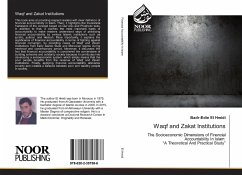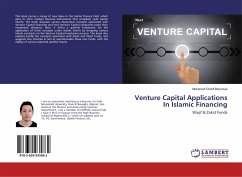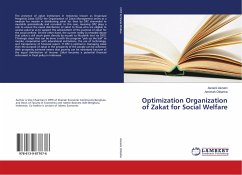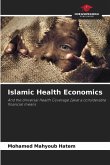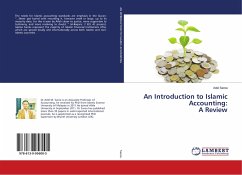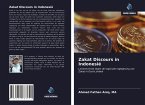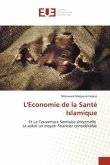This book aims at providing respect readers with clear definition of financial accountability in Islam. Then, it highlights the theoretical framework of the concept based on Qur'anic and Prophetic texts. In addition to that, it clarifies the most important types of accountability to make readers understand ways of practicing financial accountability by various Islamic institutions such as juristic, judicial, and Hesbah. More importantly, it explains the significance of financial accountability in terms of fighting against financial corruption, by providing cases of Waqf and Zakah institutions from Early Islamic State and Moroccan regime during medieval and contemporary period. Moreover, it discusses the fact that financial accountability is considered the cornerstone of building cohesive and solidarity society because it contributes into developing a socioeconomic system, which simply means that the poor people benefits from the revenue of Waqf and Zakah institutions. Finally, applying financial accountability alleviates poverty and creates a balance between poor and wealthy people in society.
Bitte wählen Sie Ihr Anliegen aus.
Rechnungen
Retourenschein anfordern
Bestellstatus
Storno

